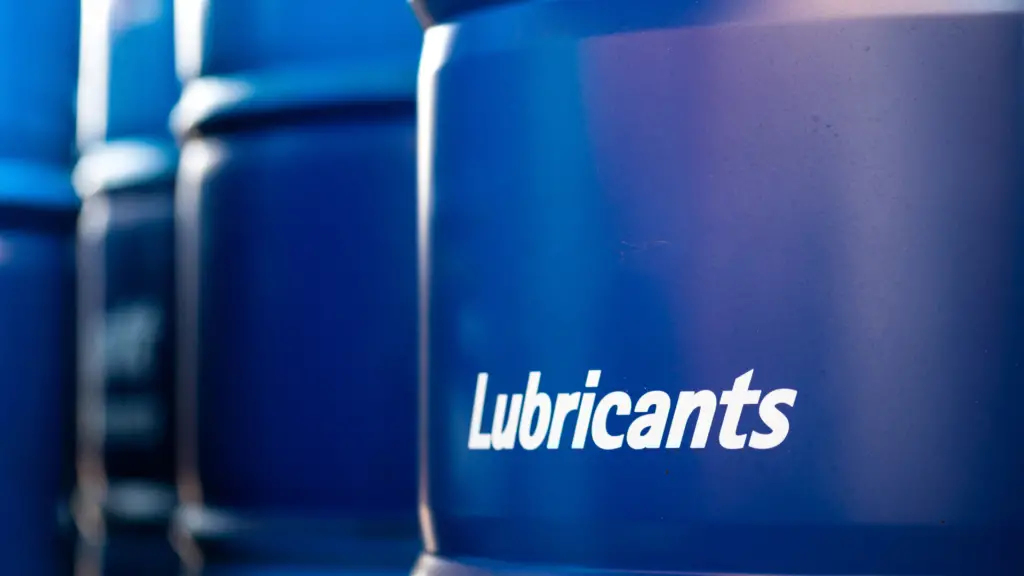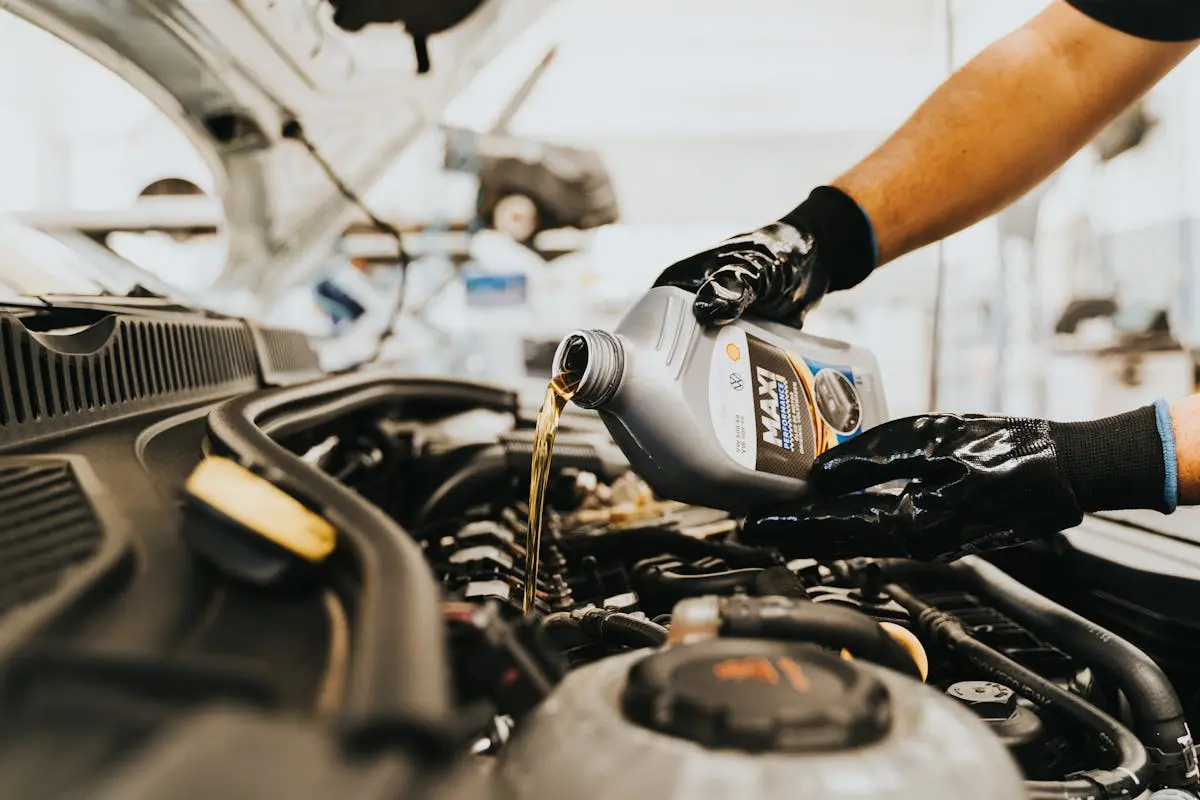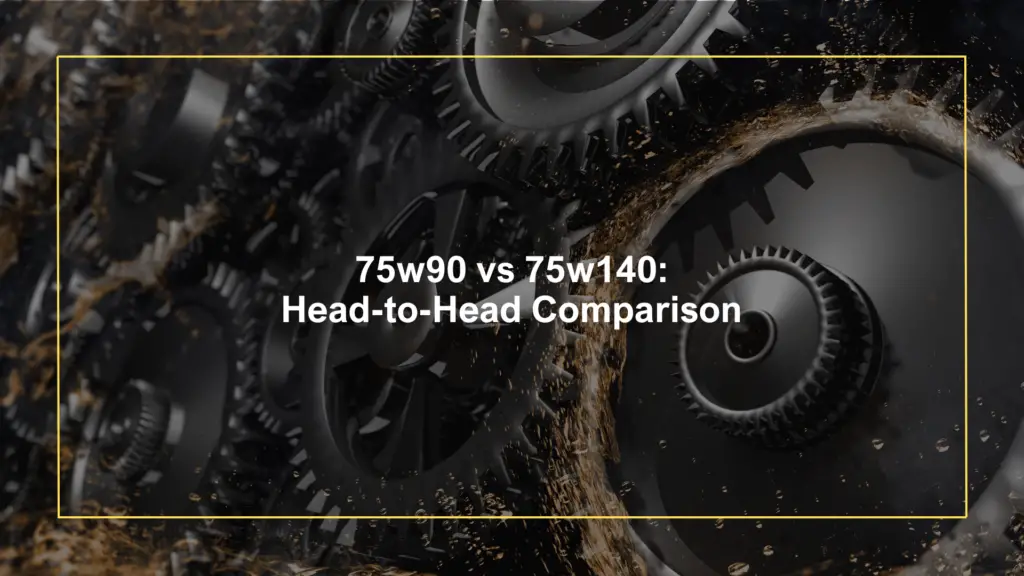Introduction to High Performance Lubricants PCMO Series
High performance lubricants PCMO series are not just any oil you pick up from the shelf. These are specially formulated products designed for passenger cars motor oil (PCMO) to meet the rigorous demands of today’s high-performance engines. When we talk about high performance, we mean lubricants that ensure your engine runs smoothly, maintains its efficiency, and even helps improve fuel economy. These lubes are engineered to protect against wear and tear, reduce friction, and handle extreme temperatures—both high and low. Think of them as the superhero capes for your car’s engine. Whether you’re dealing with turbocharged engines or older models longing for their glory days, the PCMO series has got your back. So, when choosing the right lubricant, going high performance isn’t just an option; it’s a necessity for anyone serious about keeping their engine in prime condition.
The Importance of Choosing the Right PCMO Lubricants
Choosing the right PCMO (Passenger Car Motor Oil) lubricants is not just about making your car’s engine run smoothly. It’s about ensuring the engine stays healthy for as long as possible. Different engines need different types of lubricants. Using the wrong type can lead to reduced efficiency, higher fuel consumption, and even costly repairs down the line. High performance lubricants are formulated to provide superior protection against wear and tear, keep your engine clean from sludge and deposits, and ensure better cold-start performance. Remember, a quality PCMO lubricant also helps in reducing emissions, making your car friendlier to the environment. So, it’s not just a matter of picking any oil off the shelf. Think about what your car does daily. Does it endure long commutes, heavy loads, or frequent short trips? Each scenario demands a lubricant with specific characteristics. Investing time to select the right PCMO lubricant pays off in extending your engine’s life and optimizing its performance.
Key Features of High-Performance PCMO Lubricants
High-performance PCMO lubricants, or Passenger Car Motor Oils, are engineered to do more than just reduce engine wear. They’re made to keep your car running smoother, longer. First off, they tackle dirt and deposits. These oils are designed to clean the engine, preventing sludge that can slow your car down. Then there’s wear protection. These lubricants form a barrier on engine parts, reducing the friction that can lead to wear and tear. They also stand up to high temperatures. Whether you’re stuck in traffic on a hot day or pushing your car on a long road trip, these oils keep protecting your engine. Plus, they help with fuel economy. By reducing friction, high-performance PCMO lubricants can actually help your car run more efficiently. Lastly, they’re formulated to work with the latest engine technology. Whether you’ve got a turbocharged engine or the latest emission control systems, these oils are up to the task. Remember, not all motor oils are the same. Choosing a high-performance PCMO lubricant means investing in your car’s long-term performance and reliability.
How PCMO Lubricants Enhance Engine Performance
PCMO lubricants, or Passenger Car Motor Oils, are crucial for your car’s engine. They keep things running smoothly. Here’s how they boost performance. First, they reduce friction between moving parts. This means less wear and tear and a longer life for your engine. They also help keep the engine clean by preventing sludge build-up. This ensures your engine runs efficiently, using less fuel and giving you more power. Additionally, PCMO lubricants manage heat. Engines get hot, but these oils help carry away the heat, preventing overheating. Lastly, they protect against corrosion from moisture and contaminants. This means your engine stays healthier, longer. In simple terms, PCMO lubricants are the lifeblood of your car’s engine, ensuring it runs better and lasts longer.
The Role of Synthetic Base Oils in PCMO Lubricants

Synthetic base oils are key players in the makeup of PCMO (Passenger Car Motor Oil) lubricants. They’re engineered from chemical compounds to provide superior properties compared to their mineral oil counterparts. This means they can operate effectively in extreme temperatures – both high and low – ensuring your engine runs smoothly year-round. Plus, their consistent molecular structure translates to a cleaner engine and longer oil life. This isn’t just good for your car; it’s also a win for your wallet since you won’t need to change your oil as frequently. In the bigger picture, synthetic base oils contribute to fuel efficiency. By reducing friction more effectively than traditional oils, they help your car consume less fuel. So, choosing PCMO lubricants with synthetic base oils can mean a smoother ride, a cleaner engine, and less time and money spent on maintenance.
Understanding Viscosity Grades in PCMO Lubricants
Viscosity grades sound complicated, but they’re actually simple to understand. Think of them as the measure of a lubricant’s thickness and flow at certain temperatures. They tell us how thin or thick a lubricant is, which affects how well it moves inside your engine. For PCMOs, which means Passenger Car Motor Oils, these grades are crucial. They’re usually written like 5W-30, 10W-40, etc. The number before the ‘W’ shows how the oil performs in cold weather (the lower the number, the better it does in the cold), and the number after the ‘W’ tells you about its thickness at engine operating temperatures. Choosing the right viscosity grade is key because it ensures your car’s engine runs smoothly, with enough protection and performance. Getting it wrong could mean your engine won’t be lubricated properly, leading to faster wear and tear. So, always check your car’s manual to see the manufacturer’s recommendation and stick to it.
Additives Used in High-Performance PCMO Lubricants
In the world of high-performance PCMO (Passenger Car Motor Oil) lubricants, additives play a crucial role. They’re like the secret sauce that elevates a good lubricant to great. Without them, your car’s engine might not perform as smoothly or last as long. Here’s the lowdown on what additives are doing in your engine oil. Firstly, detergents keep the engine clean by fighting off deposits that form at high temperatures. Think of them as the engine’s cleaning crew. Next up, dispersants. They tackle sludge and varnish, ensuring that these nasties don’t stick around. Anti-wear agents are the bodyguards for engine parts, reducing wear and tear during high stress. For the cold starts and high temperature operations, viscosity modifiers step in to keep the oil flowing just right, ensuring it’s not too thick or too thin. Antioxidants are the preservatives; they stop the oil from breaking down too quickly, extending its life. Finally, corrosion inhibitors are the peacekeepers, preventing rust and corrosion from ruining metal surfaces. Together, these additives make sure that high-performance PCMO lubricants deliver on their promise of keeping your engine running smoothly, efficiently, and for longer.
Comparing PCMO Lubricants: Synthetic vs. Conventional
When it comes to PCMOs, or Passenger Car Motor Oils, you’ve got two main types to consider: synthetic and conventional. Here’s how they stack up. Synthetic oils are engineered in labs. They’re designed to provide better protection against wear, superior performance in extreme temperatures, and longer intervals between oil changes. Conventional oils, on the other hand, are refined from crude oil. They’re cheaper but don’t offer the same level of protection or efficiency as synthetics. So, if you’re after performance and can handle a slightly higher cost, synthetic is the way to go. But, if budget is your main concern and you’re okay with more frequent changes, conventional might be your pick. Choosing the right one depends on your needs and what you expect from your vehicle’s engine.
Tips for Selecting the Right PCMO Lubricant for Your Vehicle
Choosing the right PCMO lubricant for your vehicle is crucial to ensuring it runs smoothly and efficiently. Start by checking your vehicle’s manual. It’s your go-to guide. Manufacturers specify what type of oil best fits your car’s needs based on various tests. Next, consider the oil viscosity. This is the “thickness” of the oil, described in numbers like 10W-40. This tells you how well the oil flows at different temperatures. A higher number means thicker oil. Your vehicle’s manual will suggest the right viscosity for different climates and driving conditions. Also, think about whether synthetic oil is worth it for you. While more expensive, synthetic oils offer better performance in extreme temperatures and generally longer intervals between changes. Finally, look at additives. Some oils have extra compounds that clean your engine or protect it better under heavy use. Remember, not all oils are the same, and investing in the right PCMO lubricant will pay off by keeping your vehicle in top shape for longer.
Maintenance and Longevity: Extending Engine Life with PCMO Lubricants
Using PCMO (Passenger Car Motor Oil) lubricants correctly is the key to keeping your engine running smoothly for longer. Think of these lubricants as your engine’s best friend, working hard to reduce wear, lower friction, and combat corrosion. Just like staying hydrated helps you function at your best, keeping your engine well-lubricated with quality PCMO can significantly extend its life.
Here’s the deal: high-performance PCMO lubricants are not just any oils. They have special additives designed to protect your engine even under extreme conditions. This means whether you’re stuck in bumper-to-bumper traffic during a scorching summer day or cruising on a frosty winter morning, these lubricants have your engine’s back.
But remember, simply using PCMO lubricants isn’t the whole story. Regularly checking and changing your oil according to your vehicle manufacturer’s recommendation is critical. Skipping oil changes or ignoring your oil level can lead to buildup, increased friction, and eventually, engine damage. It’s like skipping meals and expecting your body to perform at its best; it just doesn’t work.
In summary, make PCMO lubricants part of your engine maintenance routine. By doing so, you’re not just spending on upkeep; you’re investing in your engine’s health and longevity. Think smart, act smart, and keep your engine running like a champ.

Related Reads
- Understanding ILSAC GF-6: The Best Engine Oils for Modern Vehicles Explore how the PCMO series meets ILSAC GF-6 standards, ensuring top-tier performance for your engine – Learn more.
- Valvoline vs. Pennzoil Face-off: Narrowing Down the Best Engine Oil Compare the High Performance Lubricants PCMO series with Valvoline and Pennzoil to find the best option for your vehicle – Read more.
- Kirkland Synthetic Oil vs. Mobil 1: Determining the Best Performance Discover how the PCMO series stacks up against popular brands like Mobil 1 for high-performance applications – Find out more.
- Best Oil For 6.7 Cummins 2022 Investigate how the High Performance Lubricants PCMO series can benefit heavy-duty engines like the 6.7 Cummins – Explore here.
- List of Approved Oils Meeting VW 508 00 Standard Learn about the compatibility of the PCMO series with various standards, including VW 508 00, to ensure optimal engine protection – Discover now.



